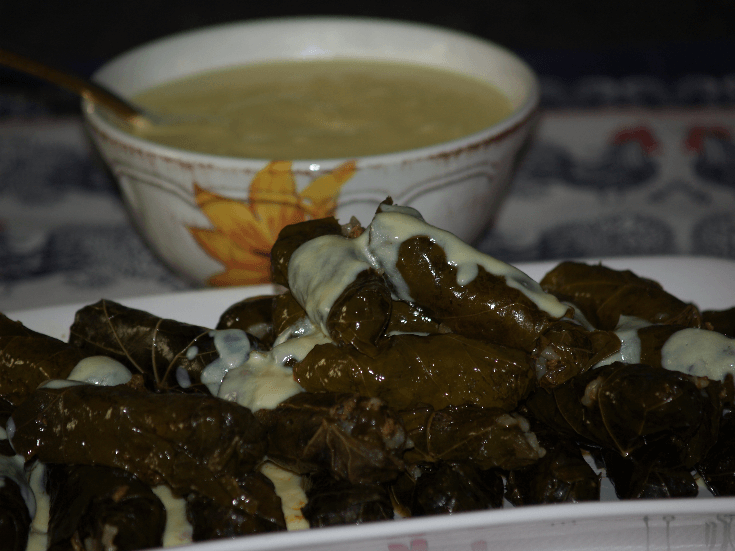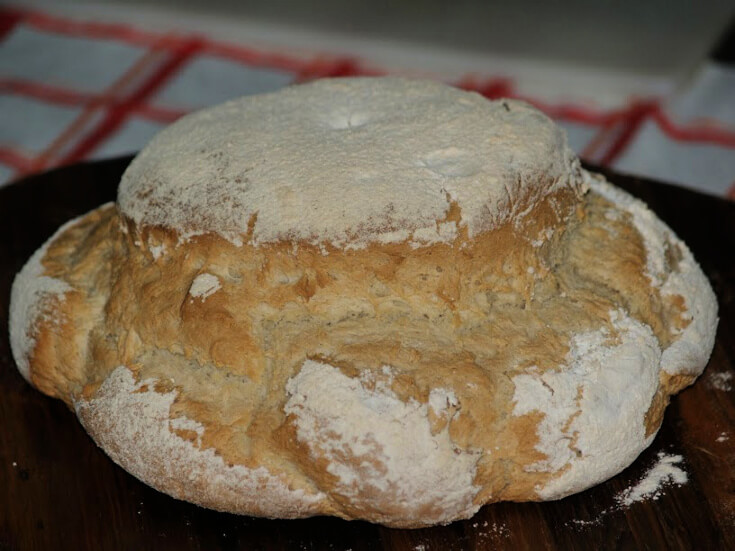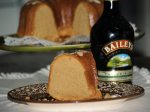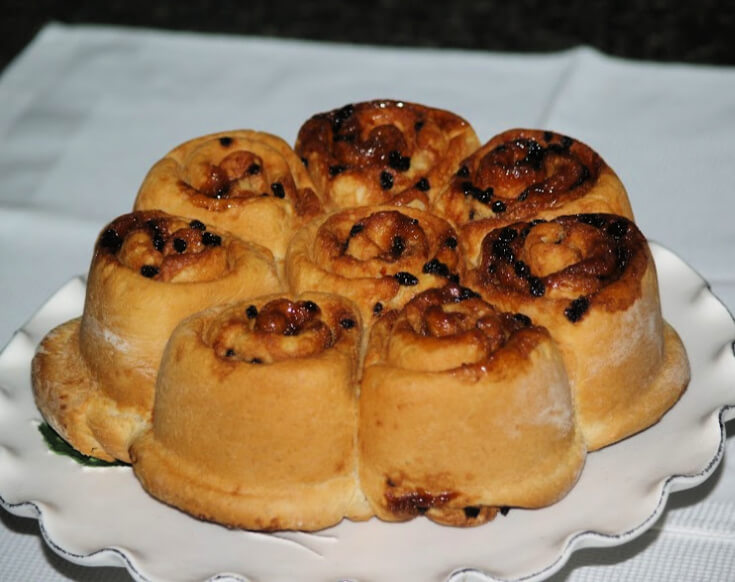- Painless Cooking
- How to Cook
- Cooking Conversion
Cooking Conversions
When you are learning how to cook, it is good to learn cooking conversions or we might refer to them as cooking substitutions. After reading through your chosen recipe and after gathering together your necessary equipment and ingredients, you might find that you are missing some things. Most cooks like to use the exact ingredients that are called for in the recipe but sometimes it is just not possible. Many recipes will list alternatives or cooking substitutions, but most do not.
Of course, if you are making something for a special occasion and can wait to purchase the exact ingredient that is one thing, but if you are just trying a recipe for yourself that is something else. My philosophy is to just do it; substitute with another ingredient if possible. After gaining experience as a cook, you will recognize which cooking conversion or cooking substitutions do work well when an ingredient listed in a recipe is not available.
Cooking Conversions
CHOCOLATE SUBSTITUTE
As I have often mentioned in my writing, when I was young and in my early adult life, I could not afford to buy chocolate. I always kept a large can of Hershey’s cocoa powder on my kitchen shelf; this was my luxury. It was more economical, lasted forever and was my cooking conversion or substitute in many chocolate recipes. I have used cocoa powder many more times than I can remember in place of squares of baking chocolate and it produces great results every time.
1 square chocolate (1 ounce) = 3 or 4 tablespoons cocoa plus 1/2 tablespoon butter or fat
MARSHMALLOW SUBSTITUTE
Marsh mallow cream and marshmallows were ingredients that I rarely had on hand when I was a young cook and wanted to make a recipe with either of these ingredients. Sometimes after a picnic or family reunion, we might have marshmallows available. I would choose these times to make delicious marshmallow fudge; but I would have to convert them to marshmallow cream. Most of the time if I wanted marshmallow of any kind it had to be made from a scratch recipe. After making this delicious (marshmallow recipe), I never wanted to add it with anything else; just eat it like this.
- 1 cup marshmallow cream=16 Large + 2 tablespoons corn syrup melted in double boiler
- 10 miniature marshmallows = 1 large marshmallows
VINEGAR SUBSTITUTE
The cooking conversion or substitute for the many different kinds of vinegar is for the most part a matter of personal preference. Most kitchens stock only one or two kinds of vinegar. If I am asked for one kind, my preference is apple cider vinegar; many people choose the white distilled vinegar. I also like the white vinegar because it has a milder flavor. Today I stock apple cider, white, rice, red wine and several others in small bottles; these are all pretty interchangeable as my taste changes. I really like balsamic vinegar and keep it on hand for salads. It is different from the others because it has a little sweetness to it so I do not use it in the place of the other ones, generally speaking.
- 1 tablespoon balsamic vinegar = 1 tablespoon wine or cider vinegar plus 1/2 teaspoon sugar
EGG EQUIVALENTS
The cooking conversion for egg equivalents is a must to know when cooking. Almost all baking recipes have at least one egg included; often many. As a child, growing up in the country, neighbors would often borrow ingredient from each other until shopping time rolled around. I remember so often neighbors coming to the door and asking Mom for one or two eggs. Recipes usually call for large size eggs which are 2 ounces. Knowing how eggs measure helps tremendously in preparing your recipes; for instance a recipe might call for 2 egg yolks and you only have 1 egg.
- 2 egg yolks = 1 whole egg
- 6 to 7 egg yolks= ½ cup
- 10 to 14 yolks = 1 cup
- ½ whole egg= 4 teaspoons
- 1 whole egg=3 tablespoons
- 3 whole eggs=1/2 cup
- 4 to 6 whole eggs= 1 cup
- 1 Egg white= 2 tablespoons
- 4 to 6 whites= ½ cup
- 8 to 10 whites= 1 cup
- 10 average eggs without shells = 1 pound
- 7 to 8 large eggs with shells = 1 pound
- 9 to 10 medium eggs with shells = 1 pound
- 11 to 12 small eggs with shells= 1 pound
SWEETENERS, SUGAR, BROWN SUGAR SUBSTITUTE
Keep in mind the cooking conversion if trying to substitute for granulated sugar can alter the taste of your recipe greatly. You might get by with replacing granulated sugar with corn syrup or even powdered sugar without much notice. These both might change the texture a little and powdered sugar is not as sweet but brown sugar, molasses and honey will completely change the taste.
- 1 cup powdered sugar = 1 cup of granulated sugar plus 1 teaspoon cornstarch
- 1/2 cup brown sugar = 2 tablespoons molasses in 1/2 cup granulated sugar
- 1 ½ cup corn syrup = 1 1/2 cups sugar in 1/2 cup water; cook until sugar dissolves
- 1 cup honey = 1 to 1 1/4 cups sugar plus 1/4 cup liquid
FLOUR REPLACEMENTS
We often find ourselves in the middle of a recipe calling for self rising flour or cake flour when all we have is all purpose flour; these are pretty easy to remedy. The whole grain flours are different. Many of these are heavier and many have a different gluten content so only use these in the specific recipes.
- 1 cup sifted flour = 1 cup plus 2 tablespoons sifted cake flour
- 1 cup sifted cake flour = 1 cup minus 2 tablespoons sifted all purpose flour
- 1 cup self-rising flour = 1 cup all purpose flour, 1/2 teaspoon salt and 1 teaspoon baking powder
- 1 tablespoon flour = 1/2 tablespoon cornstarch (for thickening)
- 1 tablespoon flour = 2 teaspoons quick-cook tapioca (for thickening)
MILK SUBSTITUTES
Do you ever find yourself needing the cooking conversion for some type of milk? I have many times; either buttermilk or sour milk. These two are pretty easy to replace. For heavy cream if you need to whip it, I only like whipping cream; I do not like the taste of whipped canned milk.
- 1 cup of heavy cream = 1/3 cup butter plus 3/4 cup milk
- 1 cup sour milk = 1 cup sweet milk plus 1 tablespoon vinegar or lemon juice (stirred)
- 1 cup sour milk = 1 cup buttermilk
- 1/2 cup evaporated milk plus 1/2 cup water = 1 cup whole milk
- sweetened condensed milk = 6 cups whole milk plus 4 1/2 cups sugar plus 1 stick butter plus 1 vanilla bean - cook over medium heat 1 hour. Stir occasionally and cool.
- 1 cup of whole milk = 1 cup reconstituted nonfat dry milk plus 1 tablespoon butter
- 1 cup half and half or light cream = 1 tablespoon melted butter plus milk to make 1 cup
SHORTENING SUBSTITUTE
My cooking conversion for shortening is pretty limited so I make sure I keep plenty of my favorites on hand; I like a good quality butter, good quality cooking oil and Crisco solid white shortening. In all my years I have not changed these favorites. You might find a favorite margarine that you are used to using but the different brands differ greatly in flavor and water content; these two will change your recipe greatly.
- 1 cup butter = 1 cup margarine
- 1 cup butter = 7/8 to 1 cup hydrogenated fat plus 1/2 teaspoon salt
- 1 cup butter = 7/8 cup lard plus 1/2 teaspoon salt
LEAVENING AGENTS
- 1 cake compressed yeast = 1 package or 2 teaspoons active dry yeast
- 1 teaspoon baking powder = 1/4 teaspoon baking soda plus 1/2 teaspoon cream of tartar
- HOW TO MAKE BAKING POWDER? Blend 2 parts arrowroot, 1 part baking soda and 1 part cream of tartar.
- HOW TO MAKE HOMEMADE YEAST? Mix together 1 cup mashed potatoes, ¼ cup sugar, 2 teaspoons salt and 1 cup warm water. Pour this mixture into a quart size canning jar and cover with a clean cloth. Place the jar in a warm place for 2 days or until it ferments and bubbles; then place in refrigerator. One cup of this mixture equals 1 package of active dry yeast.
FRUIT EQUIVALENTS
Knowing cooking conversions for fruit offers a wide range of choices in cooking. Not only does fruit give use a choice of great taste in our food, but also adds moistness to the recipe. Fruit can replace some of the sugar in the recipe and can also replace some of the shortening; both making the recipe healthier to eat. Try replacing half of the shortening with applesauce, pureed prunes or other pureed fruit.
- 1 medium lemon = 3 tablespoons lemon juice
- 1 medium apple = 1 cup chopped apple
- 3-4 medium oranges = 1 cup orange juice
- 1 pound whole dates = 1 1/2 cup pitted and cut
- 3 medium bananas = 1 cup mashed bananas
CRUMBS SUBSTITUTES
We often use crumbs in recipes like meat loaf, meat balls and many others. Knowing the cooking conversion for bread crumbs will give a quick solution to replacing them with other types of crumbs.
- 1 slice bread = 1/4 fine bread crumbs
- 1 cup bread crumbs = 3/4 cup cracker crumbs
- 3 cups dry corn flakes = 1 cup crushed
TOMATO SUBSTITUTES
So many of our favorite recipes like chili and spaghetti sauce requires certain types of tomato products. Have you ever found you have run out and didn’t realize it until you were in the middle of the recipe? Reading through this area of cooking conversion will give a quick solution.
- 2 cups tomato sauce = 3/4 cup tomato paste plus 1 cup water
- 1 cup tomato juice = 1/2 cup tomato sauce plus 1/2 cup water
- 1 cup ketchup or chili sauce = 1 cup tomato sauce plus 1/2
- cup sugar and 2 tablespoons cider vinegar
SPICES AND HERBS
Spices and herbs are commonly an area where you need a cooking conversion fast. So many recipes call for fresh herbs and spices. The dried spices and herbs have a much longer shelf life so these are handier to keep in our supplies. NOTE: When I purchase the fresh, I throw them immediately in the freezer. They are easy to chop while frozen and they never go bad. They always taste fresh.
- 1 teaspoon of dried herbs = 1 tablespoon of fresh
- 1 tablespoon instant minced onion = 1 small fresh onion
- 1 tablespoon of prepared mustard = 1 teaspoon of dried mustard
- 1/8 teaspoon garlic powder = 1 small pressed clove of garlic
- 1 medium onion = 1/2 cup chopped or 2 tablespoons dried minced or 1/2 teaspoon of powder




